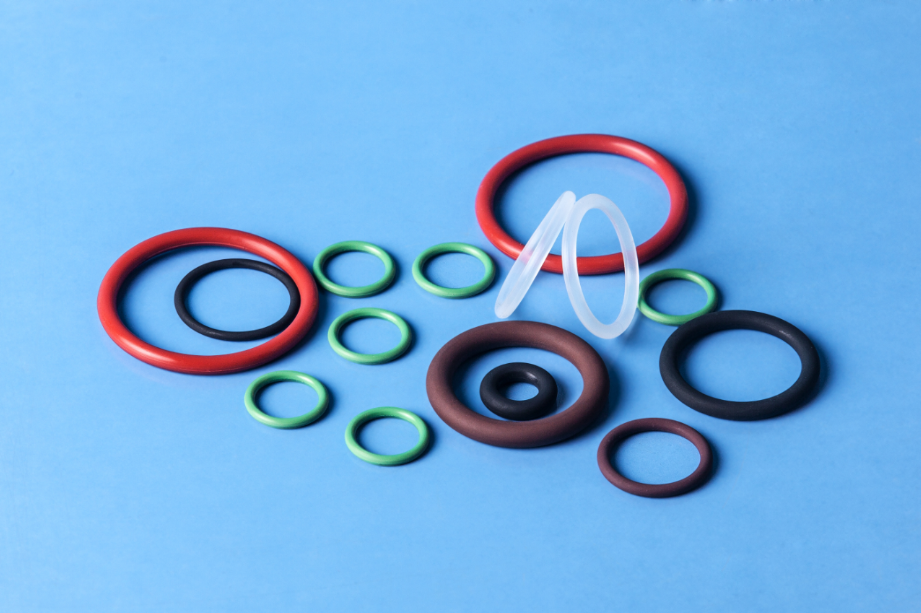-
National consultation hotline:
13590252450 / 18676388050


Time:2024-05-09 Preview:1

1. Nitrile rubber
Nitrile rubber is a commonly used material in sealing rings of oil-resistant products. Nitrile rubber has excellent resistance to fuel oil and aromatic solvents, but is not resistant to media such as ketones, esters and hydrogen chloride.
2. Neoprene
Chloroprene rubber has good corrosion resistance to inorganic acids. Because chloroprene rubber has good flexibility and airtightness, it can be made into diaphragms and vacuum sealing products. Neoprene has good oil and solvent resistance, but is not resistant to aromatic oils. The cross-linking fracture temperature of chloroprene rubber is above 200°C, and chloroprene rubber is usually used to make door and window sealing strips.
3. Natural rubber
Compared with most synthetic rubbers, natural rubber has good comprehensive mechanical properties, including cold resistance, high rebound and wear resistance. Natural rubber is not resistant to mineral oil, but is relatively stable in vegetable oils and alcohols. General sealants are also commonly made of natural rubber.
4. Fluorine rubber
Fluorine rubber has outstanding heat resistance and oil resistance and can be used to make cylinder liner seals, rubber bowls and rotating lip seals, which can significantly extend the service life.